Technical mechanics - RKXME1EBNF
Academic year/semester: 2024/25/2
ECTS Credits: 4
Available for: All OU students
Lecture hours: 1
Seminarium:-
Practice: 2
Laboratory: 0
Consultation: -
Prerequisites: None
Course Leader: Lóránt Szabó, Ph.D.
Faculty: Rejtő Sándor Faculty of Light Industry and Environmental Engineering, 1034 Budapest, Doberdó utca 6.
Course Description:
Engineering mechanics is the application of mechanics to solve problems involving common
engineering elements. The goal of this Engineering Mechanics course is to expose students to
problems in mechanics as applied to plausibly real-world scenarios. Dividing of Engineering
mechanics. Physical quantities.
Statics (part of dynamics). Basic concepts, fundamentals. Planar forces, force systems. Power
system bound to tractrix action on the rigid body. Planar forces, force systems. Centre of gravity,
bearing force. Holders and articulated mechanisms. Friction.
Strength of Materials. Basic concepts, stress and stress states. Material Laws. Simple strain of
prismatic bars. Stress theories.
Kinematics. The kinematics of a point. Basic concepts, uniform and uniformly changing motion.
Projectile motions, circular motion, harmonic motion, swinging motion. Kinematics of the rigid
body. Basic concepts, velocity and acceleration states, elemental and finite motions. The kinematics
of relative motions.
Kinetics (part of dynamics). Kinetics of the material point, axioms, general theorems. The free,
forced and relative motion of the material-point. The kinetics of a rigid body. The moment of inertia,
and general theorems and principles. The rotation of a rigid body around an axis, translational and
plane motion of a rigid body.
Competences:
− Knowledge of general and specific mathematical, natural and social scientific principles, rules, relations, and procedures as required to pursue activities in the special field of environment protection. − Adequate perseverance and endurance of monotony to perform practical operations. − Open to professional cooperation with specialists related to their profession but involved in other areas. − Efforts to improve knowledge by on-going self-education and continuously update their knowledge of the world. − Responsible proclamation and representation of the value system of the engineering profession; openness to professionally well-founded critical remarks.
Topics:
Week 1
Lecture: Statics. Basic concepts, fundamentals. Fundamental principles of theoretical mechanics. Vectors. The force in Cartesian system of reference. Three laws of Newton, for example: principle of the action and the reaction. Components of the force. Planar forces, force system.
Week 2
Lecture: Moment of a force for a given point. Moment of the force for a given axis. Couple of two forces. Reduction of a force in a given point. Cases of reduction. Systems of parallel forces. Center of the parallel forces.
Week 3
Lecture: Centre of gravity. Centres of gravity for homogeneous bodies. Laws of friction. Equilibrium of the particle with constraints with friction.
Week 4
Lecture: Modelling the action of forces. Statics of the rigid body. Simple, hinged, and fixed support. Loads. Beams (holders). Trusses.
Week 5
Lecture: Strength of materials. Theory of elasticity. Direct stresses (tensile state). Shearing stress.
Week 6
Lecture: Bending stress. Instability (buckling stress). Strength calculation.
Week 7
Lecture: Summary of statics and elasticity. Written test one, from statics and strength of materials.
Week 8
Lecture: Kinematics of the particle. Motion in one dimension. Position, velocity, and acceleration of the particle.
Week 9
Lecture: Motion in two dimensions. Circular motions. Projectile motions.
Week 10
Lecture: Summary of kinematics of point-like objects.
Week 11
Lecture: Kinematics of the rigid body. Basic concepts, velocity and acceleration states, elemental and finite motions.
Week 12
Lecture: The kinematics of relative motions. Kinetics. The laws of motion. Kinetics of the material point, axioms, general theorems. Forces of friction. Work, power, kinetic and potential energy. Work-kinetic energy theorem.
Week 13
Lecture: The rotation of a rigid body around an axis, translational and plane motion of a rigid body. Written test two from kinematics and kinetics.
Week 14
Lecture: Summary of the full semester.
Assessment: Attendance: It is compulsory to attend the lectures. The rules of education and exam directory (TVSZ) are the guidelines. Methods of qualification: Two written tests. Total points: 100 (2x50). Term marks: 85-100%: excellent (5), 70-84%: good (4), 55-69%: average(3), 40-54%: pass(2), 0-39%: fail(1) If the student has not met the requirements of obtaining the term mark (e.g. has not written or failed the in-class test, has not submitted the measurement report, etc.), he/she must be given one opportunity to make up for the term mark in the study period. If the student is still unable to obtain the term mark through this opportunity and the requirements of the course give an opportunity for it, then the student can make an attempt to obtain the term mark on one occasion on one of the first ten work days of the examination period against a fee specified in the “Regulations of ÓU on possible benefits for students and on fees and charges payable by them” (hereinafter RBF).
Exam Types:
Mid Term Exam
Compulsory bibliography: 1. Serway Jewett: Physics for Scientist and Engineers 2. (Statics) http://www.icivil-hu.com/Civil team/2nd/Statics/Statics,R.C.Hibbeler,12thbook.pdf 3. (Dynamics) https://docs.google.com/file/d/0Bw8MfqmgWLS4V0NFR2dVUWpuYzg/edi 4. Lóránt Szabó: Physics for Undergraduate Students 5. Lóránt Szabó: The World of Engineering Mechanics (electronic book)
Recommended bibliography: -
Additional bibliography: -
Additional Information: -



